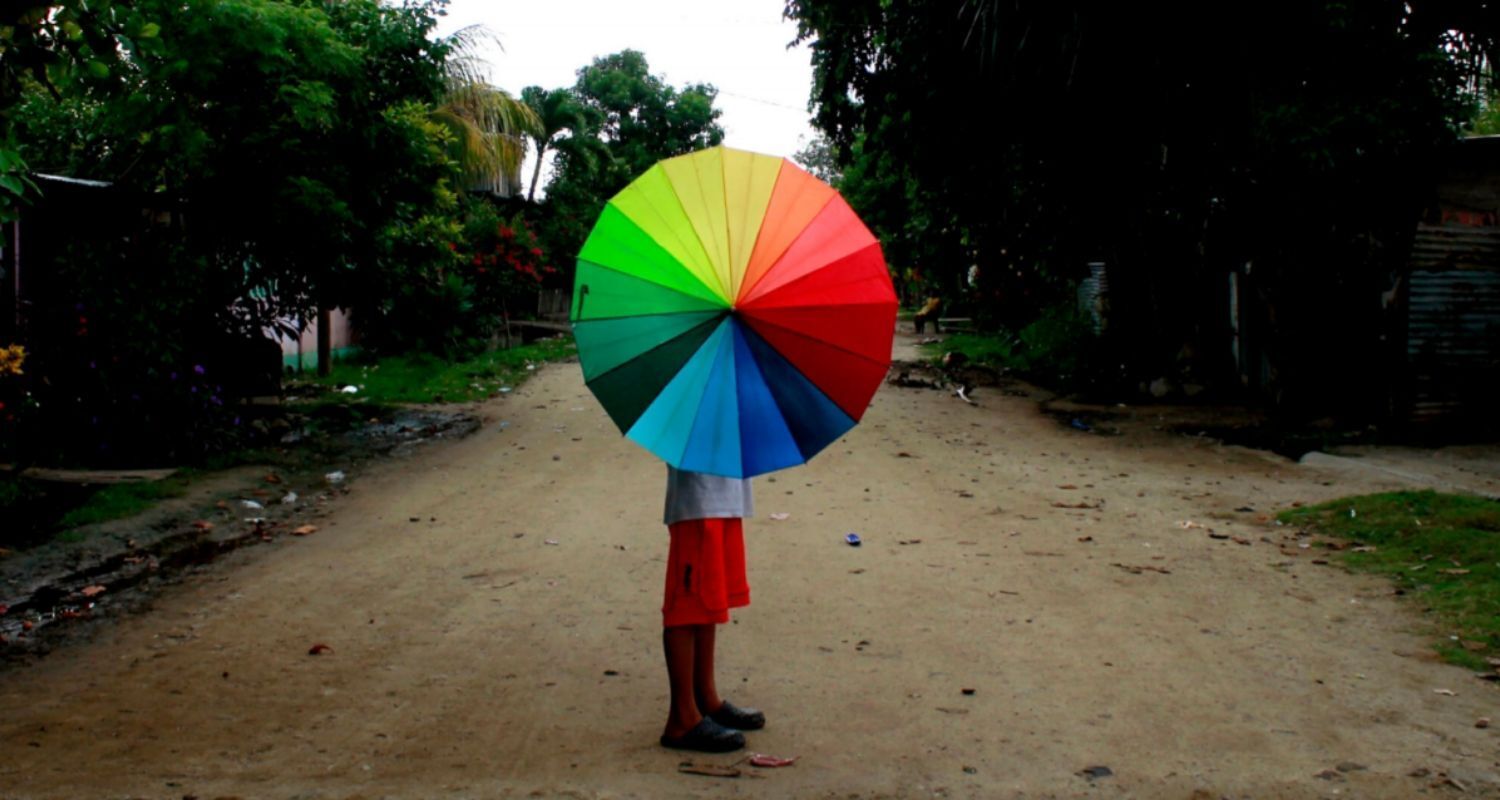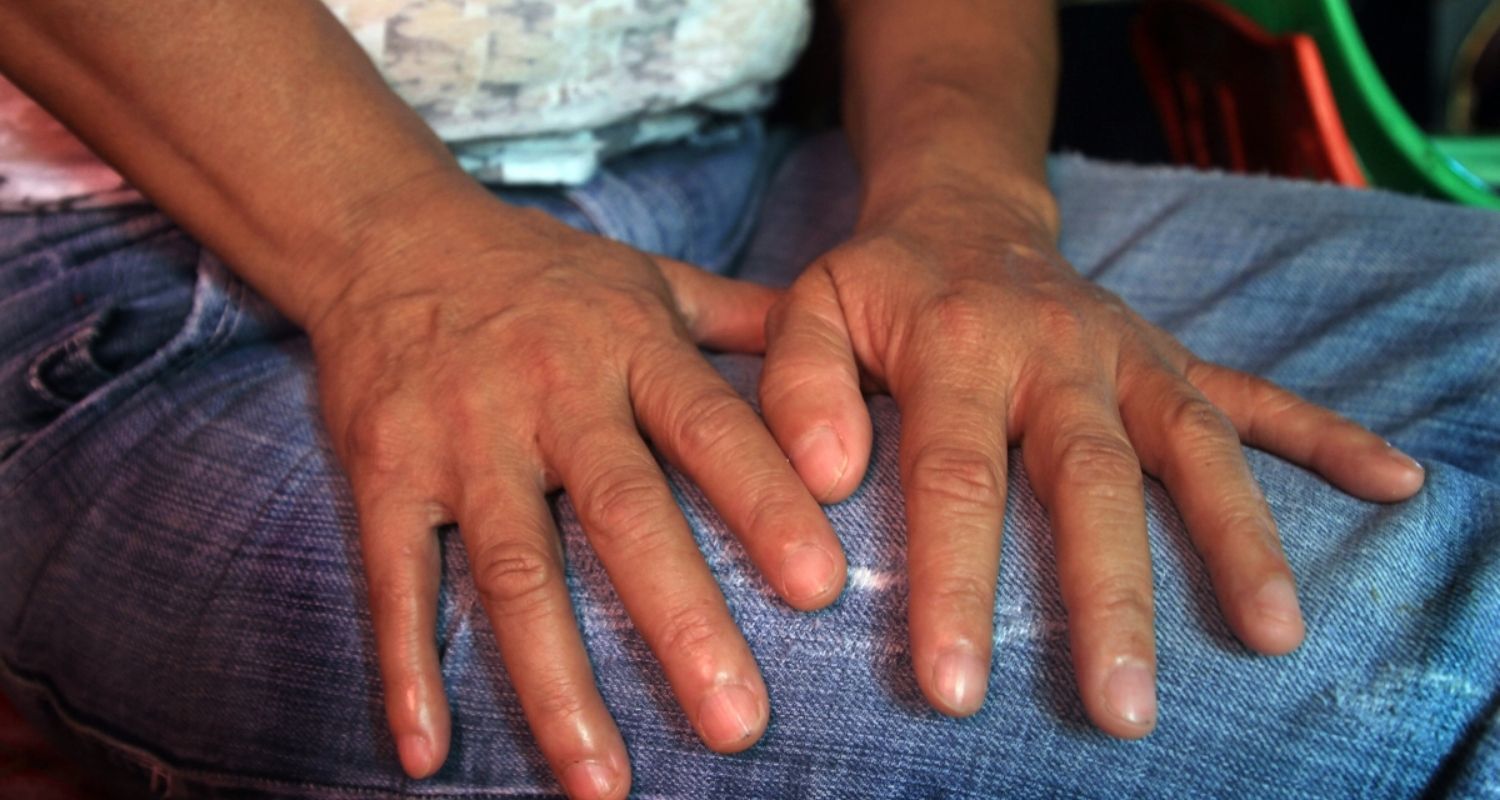Rosa begged the police for help, but they said there was not much they could do outside of introducing her to someone. Rosa was dubious, but soon she was meeting a gentle-eyed man named Mateo who promised that he wanted to help her. He worked as an investigator for an organization called ASJ, he told her. He wanted to help her recover and to achieve justice in her case. “I need to move to a different house,” she told him. She was afraid that her husband’s killers had seen her or her granddaughter, who were both in the house at the time of the murder. “They said they’d help me, and I believed it and didn’t believe it at the same time.”
November 26, 2019
Since 2005, ASJ (formerly known as AJS) has helped over 700 people find justice and hope after violence. Our homicide investigation and victim care program is so effective,
a recent study estimated it saves six lives every month. Rosa is just one of many whose lives have been changed through this project, and who is now contributing to a safer community.
Rosa’s smooth face makes it difficult to believe she has great-grandchildren. She’s lived nearly her whole life in a sprawling Honduran community which has historically struggled with violence.
Despite the gang violence in her neighborhood, Rosa worked hard to carve out a happy space for her five children. Rosa’s life changed forever when a gang member fatally shot her husband inside their family home. Rosa knew who was responsible, but she was paralyzed. “I didn’t know whether to cry or to shout or what to do,” she said, “I was so afraid.”
But sure enough, Mateo showed up the next day to help her box up her possessions. She felt much calmer in her new house, which was in the same neighborhood, but away from the crossfire of the warring gangs.
Encouraged by Mateo’s kindness, Rosa began attending the therapy sessions he recommended to help her process her grief and fear. “I have steadily recovered over these two years,” she now says confidently. ASJ staff then offered to help her testify against one of the responsible gunmen, who had been arrested due to ASJ’s collaboration with the police.
Though Rosa was scared, she trusted ASJ to protect her and agreed to testify.
Together, she and Mateo created elaborate alibis so that no one in her community would suspect that she was collaborating on a case. ASJ staff drove Rosa to court and earned permission for her to testify as a protected witness, which meant she could give her testimony draped in long black robes, with a voice distorter to hide her identity. “I felt like a mummy!” Rosa remembers. “When I testified, I was at first so nervous, but I steeled myself and concentrated on what I had to do. They asked why I wanted to testify. I said, I have no motive other than seeing that they stop killing people. We’re tired of so much death.”





















